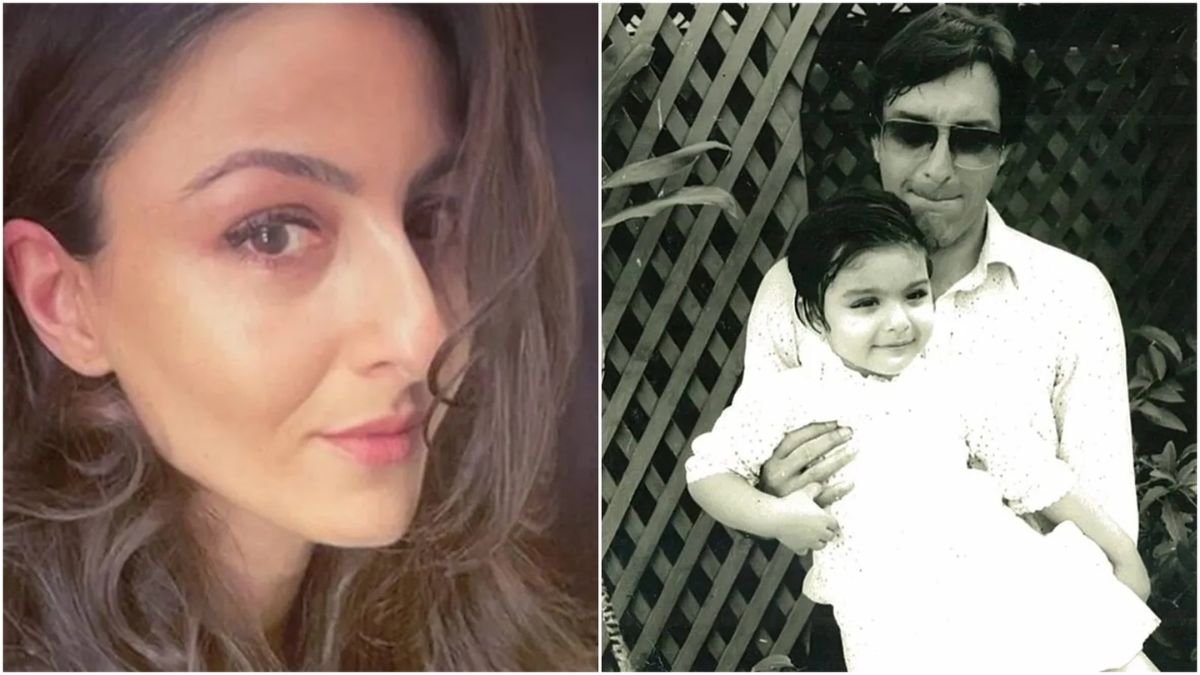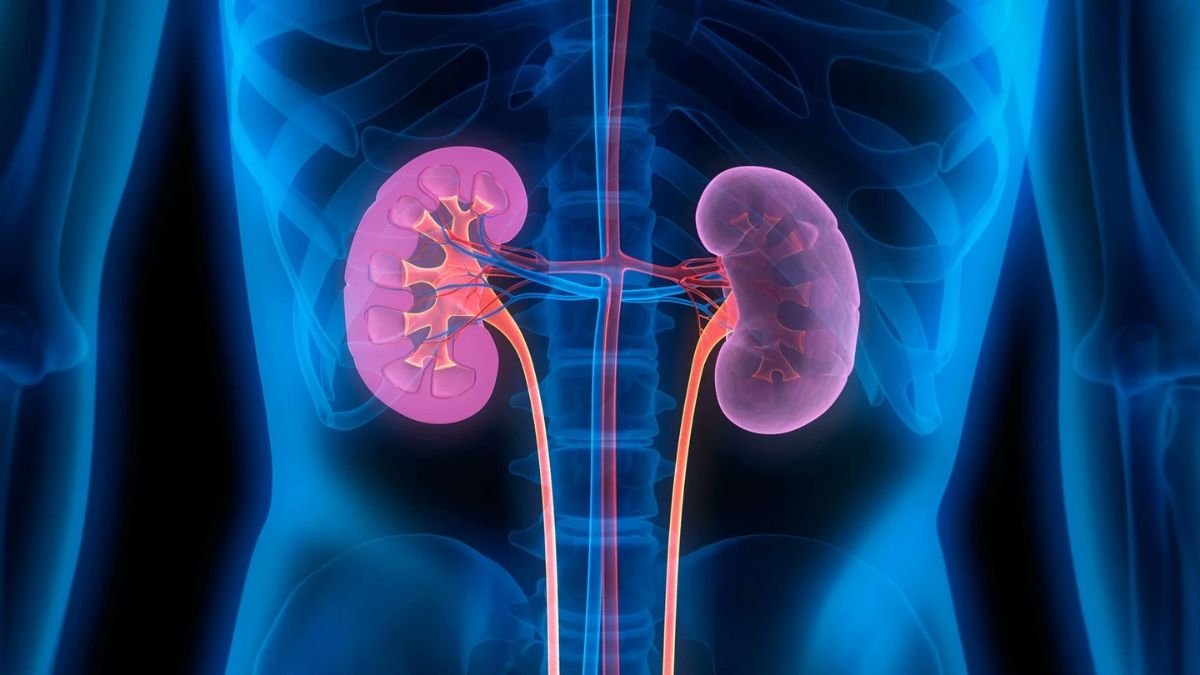
“There was a common misconception that ADHD was a child’s disorder, but this is not the case.” According to Dr. Nina Minagawa, a Colorado-based psychologist who specialises in attention-deficit/hyperactivity disorder (ADHD) and obsessive-compulsive disorder (OCD), most adults diagnosed with ADHD exhibit symptoms before the age of 12 — they just may not have realised it at the time. Some people may not exhibit severe ADHD symptoms until they are subjected to increased pressures and stressors, such as in high school or college.
“ADHD is genetically determined in 70-90 percent of cases.” “ADHD affects 60-80 percent of children into adulthood,” she said.

According to Minagawa, there are three types of ADHD: hyperactive, inattentive, and a combination of the two. Hyperactive ADHD is characterised by fidgety behaviour, chattiness, restlessness, and so on; inattentive ADHD is characterised by forgetfulness, avoidant behaviour, difficulty sustaining attention in conversation or activity, and so on; and inattentive ADHD is characterised by forgetfulness, avoidant behaviour, difficulty sustaining attention in conversation or activity, and so on.
Individuals should see a psychologist for a formal ADHD assessment, according to Minagawa. She also stated that ADHD has no impact on a person’s intelligence.
“It has nothing to do with intelligence,” Minagawa explained. “It’s frequently a prefrontal cortex problem — reasoning, problem solving, planning, memory, emotional regulation.” Many people with ADHD are intelligent… People with ADHD are known to be extremely creative. They are creative and think outside the box.”
When ADHD is ignored, it can lead to abuse and neglect.
Deekota Archibold recalled some of his teachers describing him as extremely intelligent. He would know the answer to any question they posed to him. He excelled in subjects that he enjoyed, such as chemistry, art, and reading.
Archibold, on the other hand, fidgeted, according to his teachers. They couldn’t seem to hold his interest.
Other teachers were dismissive of Archibold. They told him he didn’t use his intelligence, that he was lazy, and that one day he’d work cleaning bathrooms at McDonald’s. Archibold went on to say that one teacher seemed to dislike him even more after learning that he had two mothers during a parent-teacher conference.
Despite the fact that more than one teacher recommended that Archibold get a psychiatric evaluation, he was not diagnosed with ADHD until he was 15 years old. He believes that his unstable home life played a significant role in his failure to be diagnosed sooner. His parents divorced when he was three years old. As a result, he alternated between them and frequently witnessed them arguing about his care.
“I was going through a divorce at the time,” Archibold explained.
Archibold’s biological mother’s subsequent relationship was abusive, causing him to be frequently overlooked. He became depressed as he became hyper-focused on all the things that were going wrong in his life, felt terrible about how he was doing in school, and became hyper-focused on all the things that were going wrong in his life.
Anger, shock, and bewilderment: confronting stigma
Tram Nguyen, a Denver resident, recalled trying to tell her mother she was depressed in high school and being told she had no reason to be sad.
Nicole Watson, a psychiatric mental health nurse practitioner at Mile High Psychiatry, has heard many common concerns and barriers to access expressed by families, which can lead to people with ADHD not receiving the treatment they require. Parents are concerned about the possibility of drug addiction, they lack knowledge about the diagnosis and treatment options, or there is a language barrier.
Watson explained that sometimes an entire family has struggled with ADHD and other mental health issues their entire lives, either knowingly or unknowingly. They may not fully comprehend the consequences or impact that ADHD has on every aspect of their lives. People may avoid seeking treatment for themselves or their children for fear of being mocked.
When Nguyen went to therapy at the age of 18 to talk about the trauma of the Arapahoe High School shooting, she had no idea she’d be diagnosed with ADHD.
/what-causes-adhd-20465-02373aeb3fe04fe7a82bd7b9d56368b1.png)
“At first, I was irritated because I thought — I thought — my issue was that I came in because I was traumatised by a school shooting, and that was what I wanted to talk about,” Nguyen explained. “So, when he said, ‘Oh, you kind of have an issue dealing with your mental state,’ I was very confused, shocked, and irritated, because that wasn’t why I came in.”
Nguyen, now 25, said she didn’t think she had ADHD because she always got good grades as a kid and thought ADHD was a learning disability. She sought a second opinion from another therapist, and when that therapist confirmed the diagnosis, she sought a second opinion from a psychiatrist, who also confirmed her diagnosis.
ADHD, according to Watson, is a unique and complicated diagnosis.
“It’s given to those who have a different brain functionality, which can be structural or chemically based, and it can also be hereditary,” Watson explained.
Nguyen realised after her diagnosis that she had difficulty understanding and hearing her teachers when she was younger. She had a habit of daydreaming without realising it. She initially tried to avoid taking ADHD medication until she was around 21 years old. She didn’t want to become dependent on the medication because she was afraid it would become addictive. (According to the National Institute on Drug Abuse, misuse of prescription stimulants can lead to addiction.)







